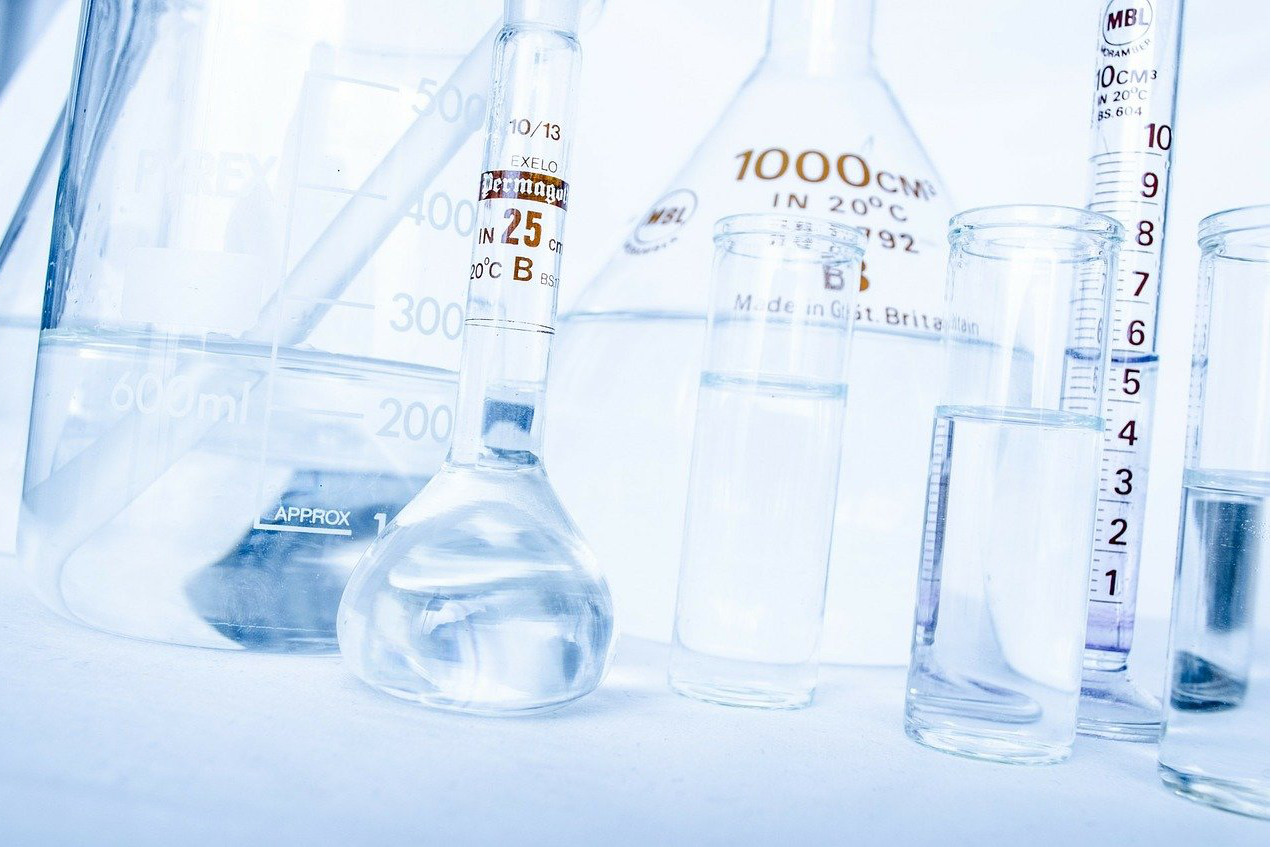Sponsors Article
Bayer Pharma experiments with 5G
5G also plays an important role in the life science industry. (Picture: Pixabay)
In Turku, a city in South of Finland, Bayer operates one of its largest pharmaceutical plants and an R&D department that develops new production methods and processes. Starting next summer, engineers will also be able to experiment with 5G. Fuenf-G.de spoke to Jani Virtanen of Bayer Nordic SE about plans with the new mobile communication standard.
FUENF-G: You are IT Business Partner PS / R&D and Head of PS-IT at the Bayer site in Turku. What are you working on there?
Virtanen: Turku’s plant is one of the core pharmaceutical sites in Bayer. We manufacture and develop products in women’s health area and we have special competencies in polymer based drug delivery systems. We export our products to more than 100 countries around the world.
“Our aim is to experiment on a large scale with different applications, to advance already known ones and to discover new ones”, Jani Virtanen of Bayer Nordic SE
FUENF-G: In the future, the new mobile communication standard 5G will also play a role in this. What are your plans?
Virtanen: This project is still at an early stage. Bayer and Verizon will jointly establish an innovation hub here to research the industrial use of 5G. We are convinced that production facilities will become more digitalised in the future and will have to contain more intelligence, for example. 5G technology can be a key technology for the cost-effective production of such devices. We have therefore decided to build up the necessary know-how and gain our own experience to master this technology.
FUENF-G: What could the deployment of 5G look like?
Virtanen: Our aim is to experiment on a large scale with different applications, to advance already known ones and to discover new ones. One of the potential applications that we want to develop first is remote maintenance of machines and systems and product tracking during the manufacturing process. Pharmaceutical manufacturers are required by law to ensure that, in the event of problems, the entire production batch affected can be quickly identified and withdrawn from circulation. Additional sensors and cameras networked via 5G could help to meet these requirements even better.
FUENF-G: What are the next steps in this project?
Virtanen: Verizon and Nokia will play a key role in building the infrastructure and sharing the concrete use cases. The Covid 19 pandemic is slowing down the progress. But we are confident that all work can be completed in the first half of 2021. Then we will immediately start with the first experiments.
Further details on Bayer’s 5G project in Finland can be found at the online event of our cooperation partner Verizon on 24.11.2020 at 15:00. Click here to register


